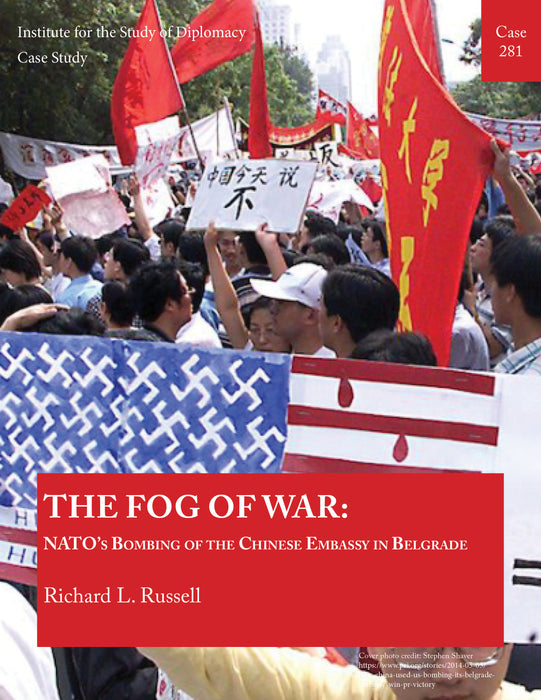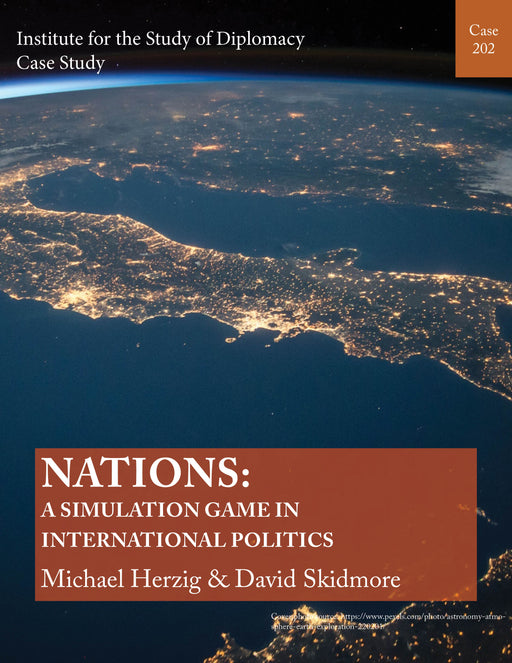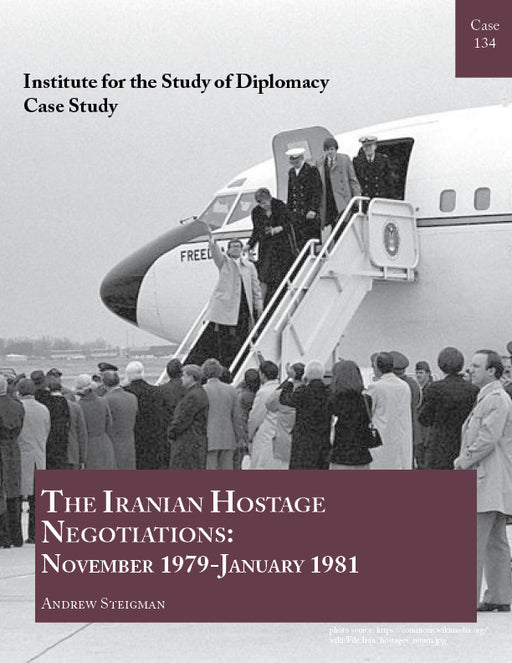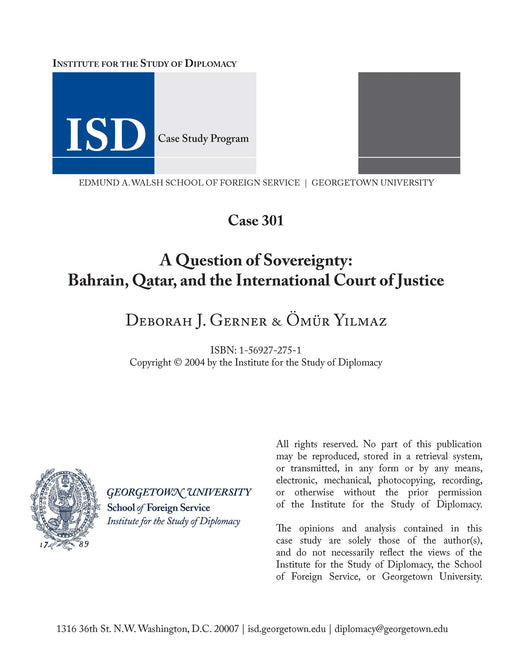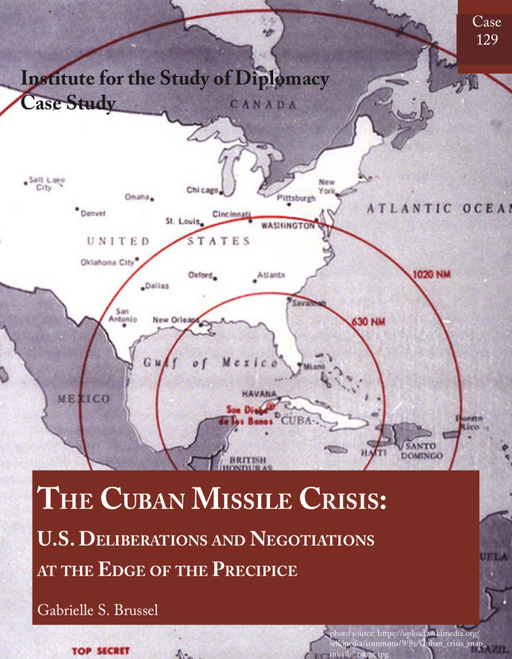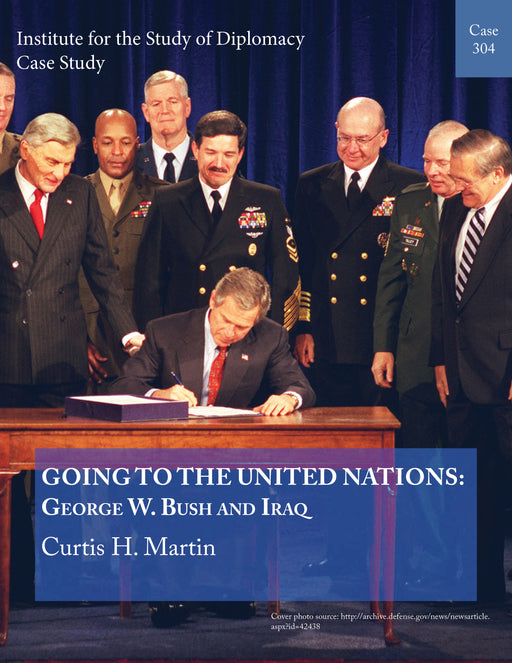Case 281 - Fog of War: NATO's Bombing of the Chinese Embassy in Belgrade
Russell, Richard L.
In March 1999 North Atlantic Treaty Organization members commenced a massive air campaign—the largest military operation in NATO history—to compel Serbia to withdraw its forces from Kosovo and allow for the repatriation of returning Kosovars under the protection of an international military force. This case study centers on an episode in the midst of that campaign, when NATO aircraft mistakenly bombed the Chinese embassy in Belgrade, killing three Chinese citizens and wounding many others.
That incident is a snapshot of the significant dilemmas inherent in modern warfare, despite the advent of precision munitions. It starkly reminds students that modern technology has not yet eliminated what Clausewitz called the “fog of war,” which prevents participants from seeing their positions as clearly as those of their adversaries on the battlefield.
This case study could be integrated into a variety of courses at the undergraduate, graduate, and professional levels of education. It could be exploited in courses on security studies that examine the threat of, use, and management of force in international relations. It also could be used in courses dealing with multinational military intervention in the post-Cold War period, U.S. national security and defense policy, European security and the trans-Atlantic relationship, American intelligence and policy, and American-Chinese relations.

